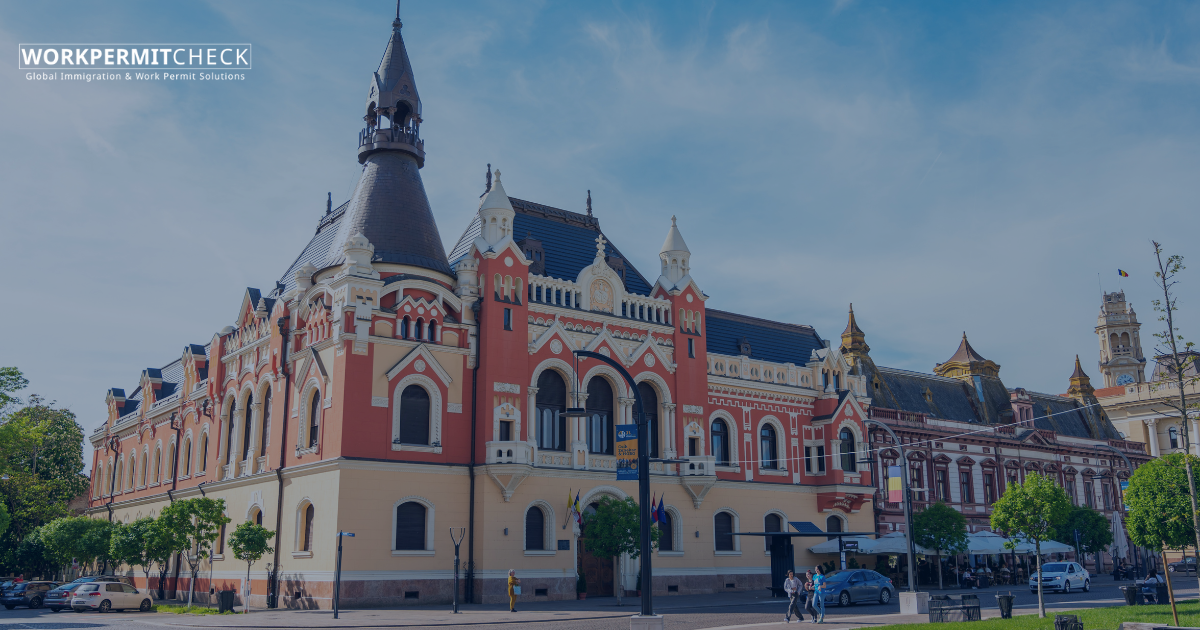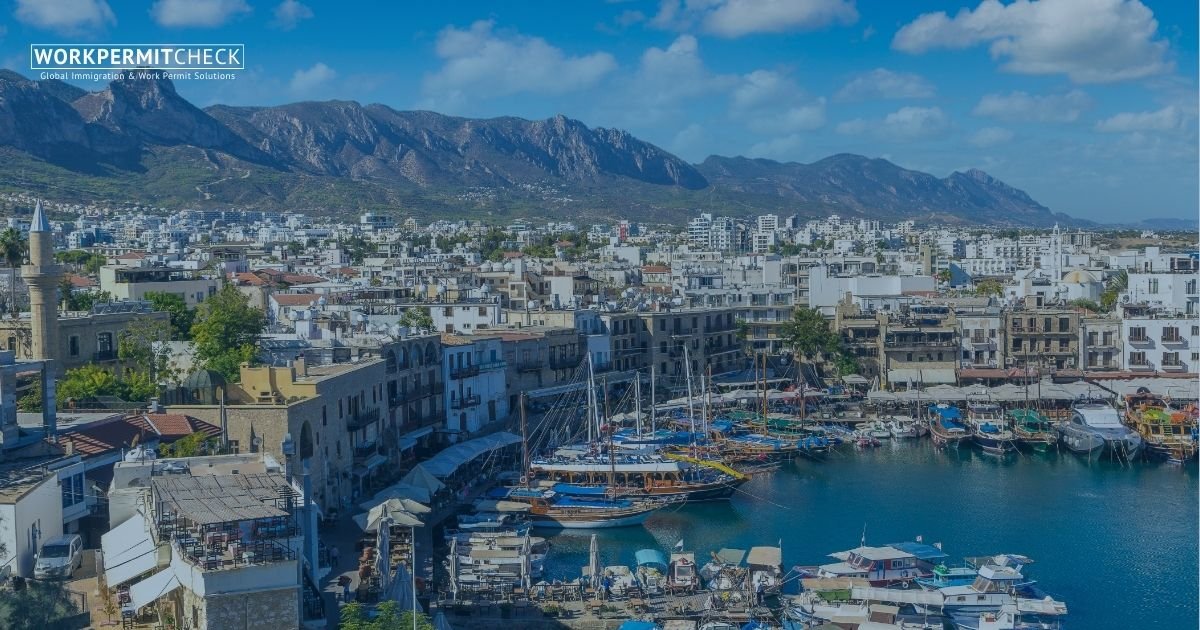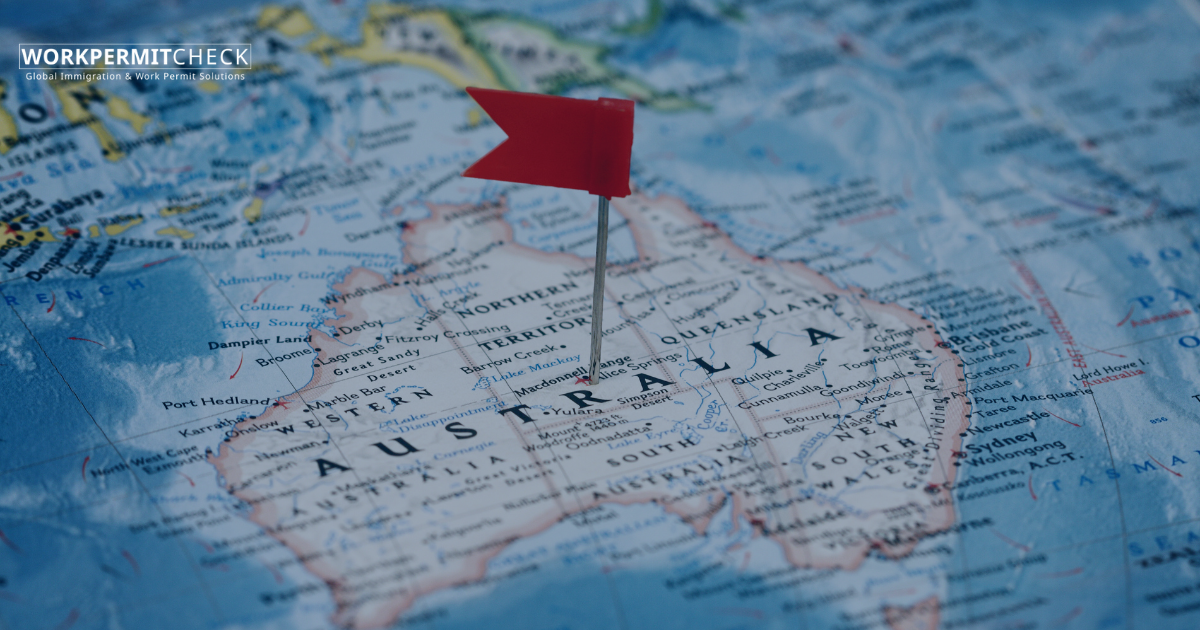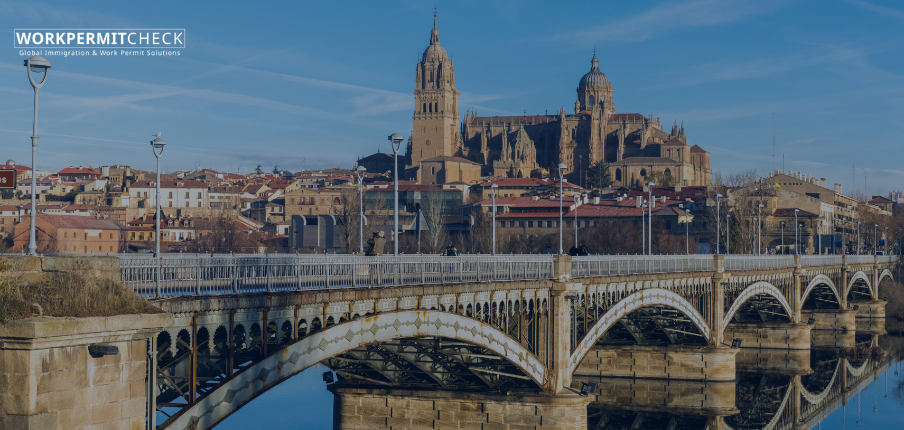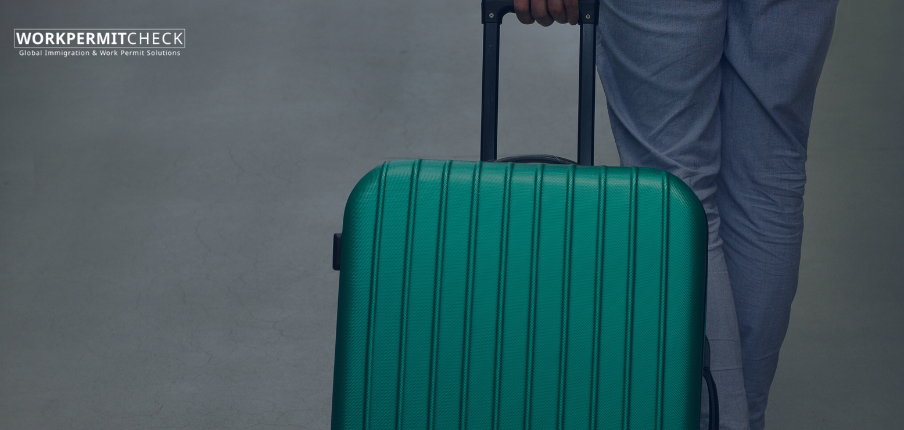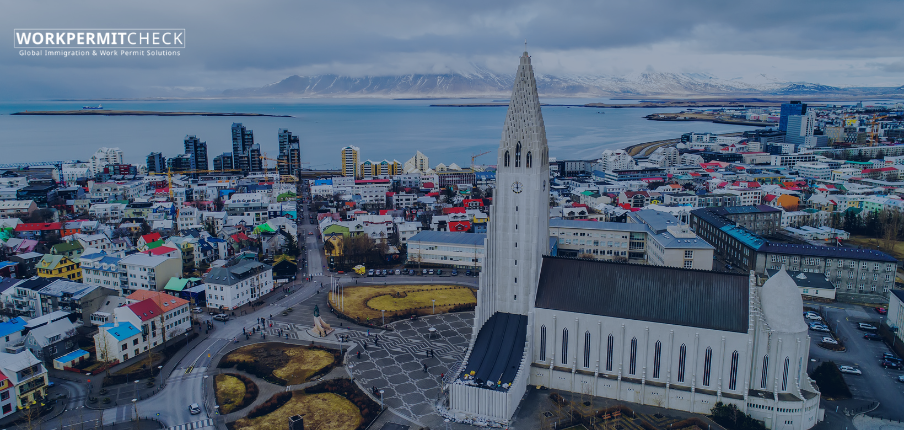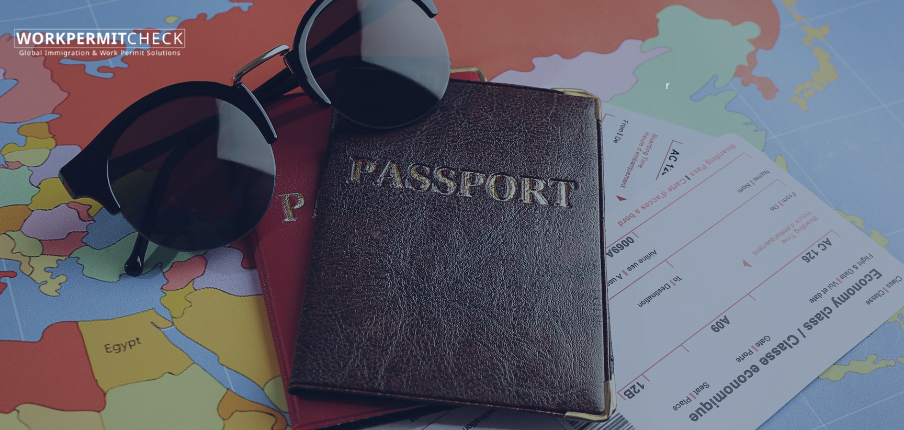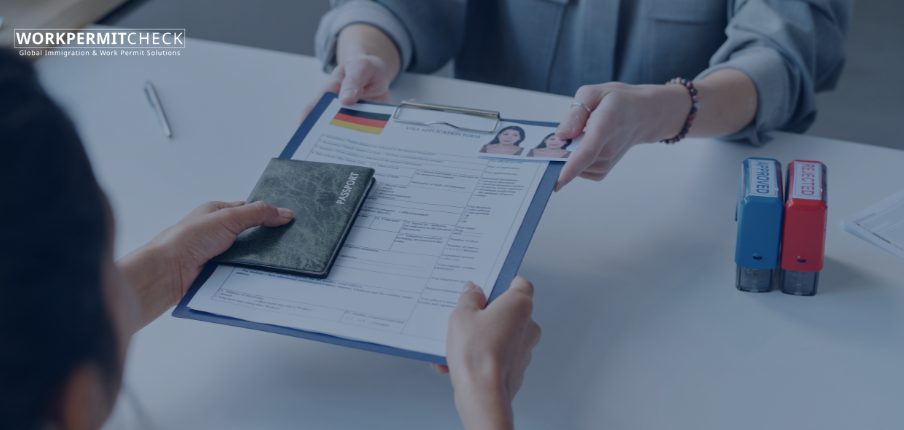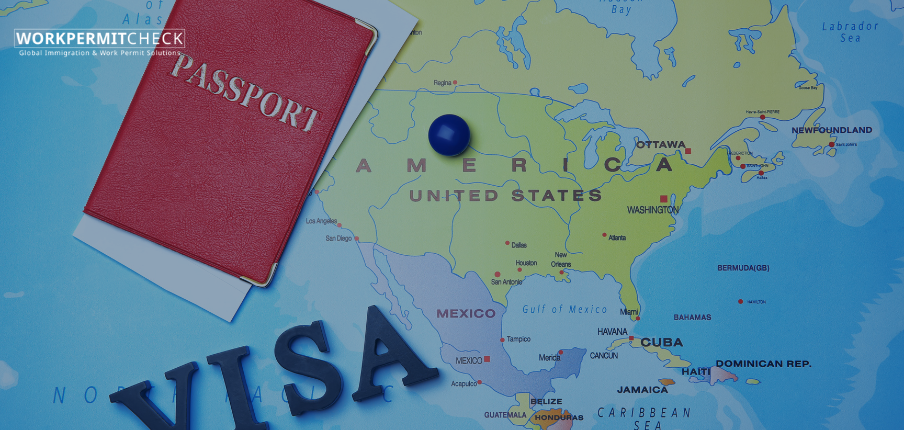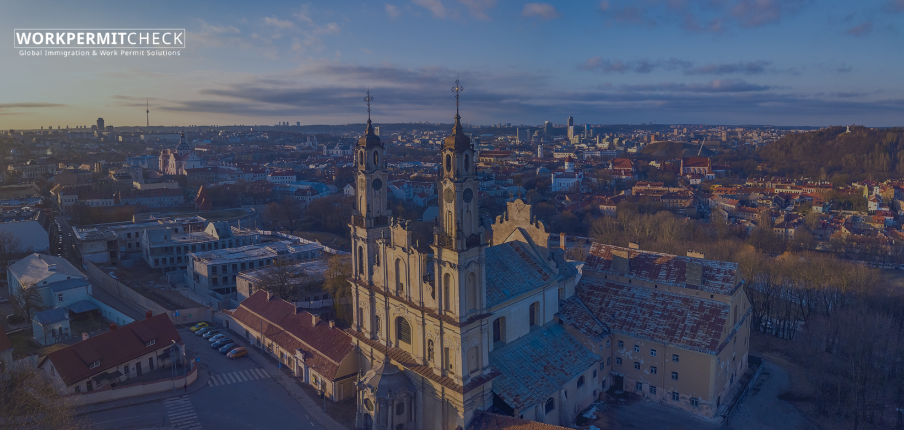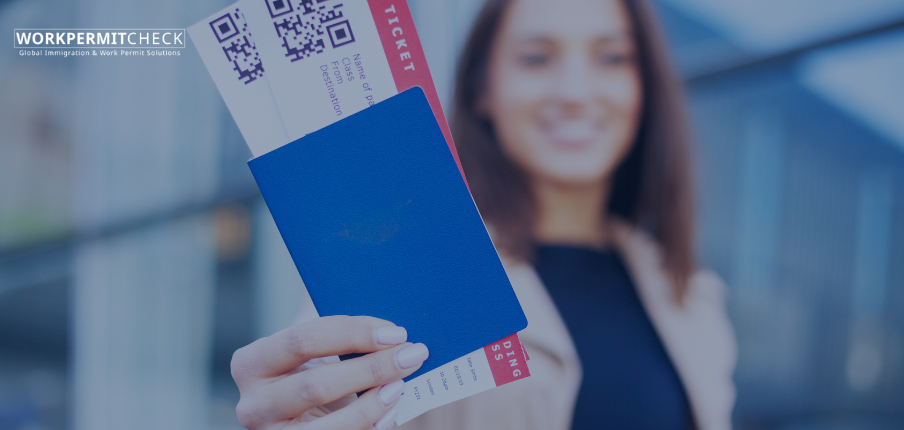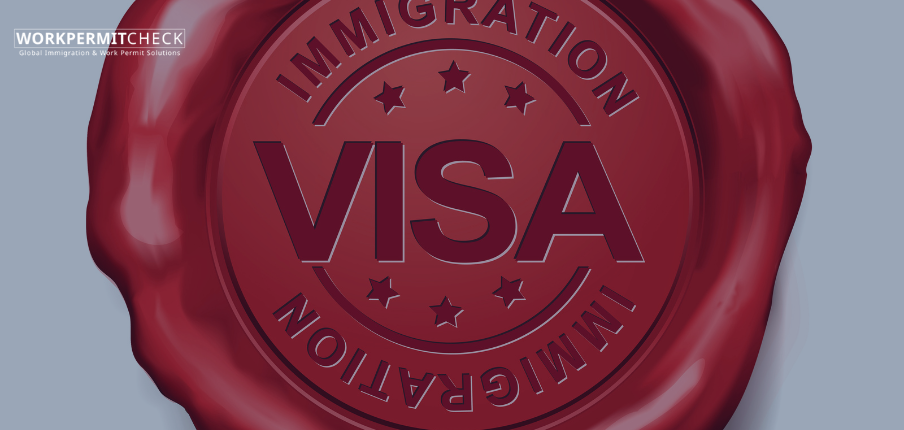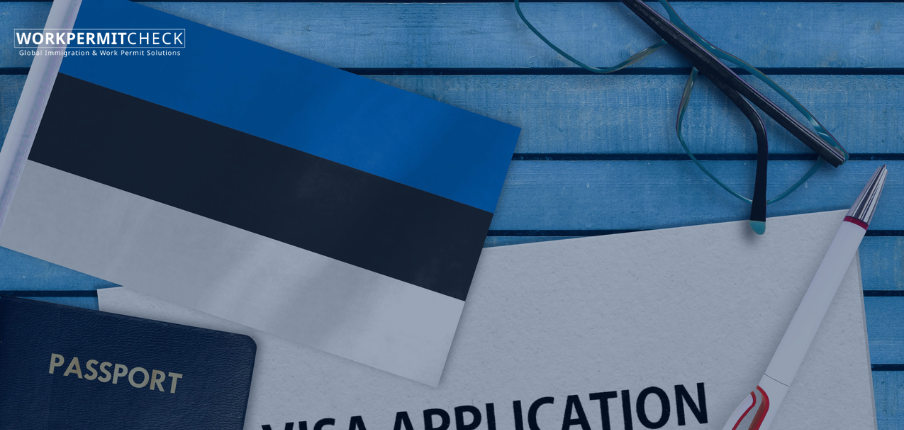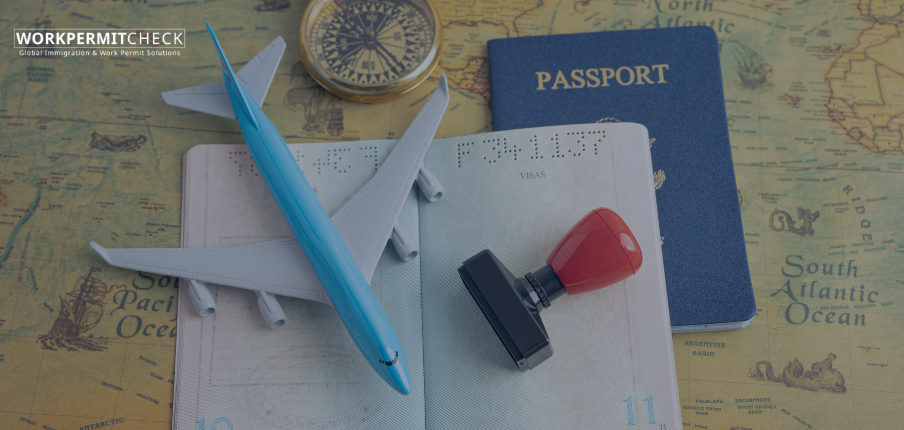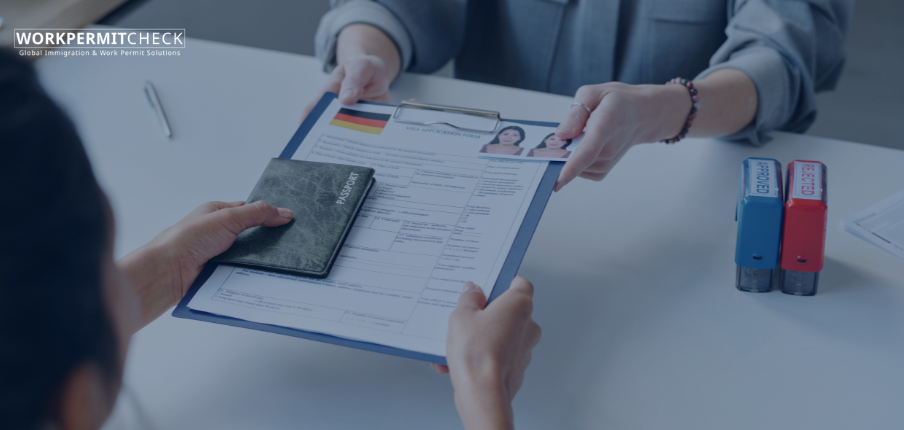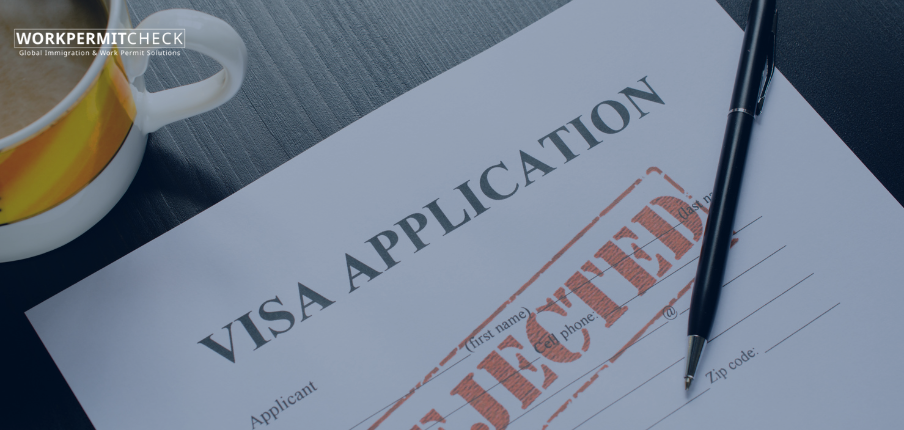Germany is home to one of the most structured asylum and refugee systems in Europe. As a refugee or asylum seeker in Germany, one of the most important questions you may ask is: Can I legally work here? Or more specifically, can I apply for a German work visa?
The answer depends on your legal status in Germany and where you are in the asylum process. In this blog, we break down the different possibilities for refugees who want to work in Germany, including legal conditions, options for changing residence status, and key requirements to be aware of.
Who Is Considered a Refugee or Asylum Seeker in Germany?
In Germany, a “refugee” is someone who has been granted international protection based on the Geneva Convention. This includes:
-
Individuals with refugee status
-
Those with subsidiary protection
-
Persons granted national humanitarian protection
-
Individuals with temporary suspension of deportation (Duldung)
-
Asylum seekers with a pending decision
Each of these categories comes with different rights—and different rules regarding employment and work permits.
Can Refugees Work in Germany?
Yes, in most cases, refugees and asylum seekers can work in Germany, but there are conditions.
Recognized Refugees (Asylum Granted or Subsidiary Protection)
If you have official refugee status or subsidiary protection, you are allowed to work without restrictions. You do not need a separate work visa. You are treated similarly to other legal residents and can apply for any job or vocational training program in Germany.
Asylum Seekers (Pending Status)
Asylum seekers cannot work during the first 3 months of their stay in Germany. After this period:
-
You may be allowed to work with permission from the local Foreigners’ Office (Ausländerbehörde) and the Federal Employment Agency (Bundesagentur für Arbeit)
-
Approval depends on your place of residence, the local job market, and how far along you are in your asylum process
Individuals with a Duldung (Tolerated Stay)
If your deportation is temporarily suspended and you have a Duldung, you may be able to work with permission, depending on your case. In recent years, Germany has introduced measures to support integration through employment, especially for people who have lived in the country for a long time without legal status.
Can Refugees Apply for a German Work Visa?
In general, a refugee inside Germany does not need a separate work visa. If you already hold legal refugee status or subsidiary protection, you're allowed to work under your existing residence permit.
However, in special cases, it may be possible to switch to a work-related residence permit (such as the EU Blue Card or Skilled Worker Visa) if:
-
You meet all the requirements for the new visa
-
You have the necessary qualifications, job offer, and salary
-
Your asylum process has not yet been fully resolved or has been denied, but you have legal presence under a Duldung
This transition is often complex and requires legal guidance. Changing from asylum status to a regular work visa is only possible under very specific conditions.
Key Things to Know
You don’t need a separate work visa if you’re a recognized refugee
You may need permission to work if your asylum is still pending
Switching from asylum to a work visa is rare and legally complicated
Language skills, qualifications, and job offers increase your chances of long-term residence through work
Sources
German Federal Office for Migration and Refugees (BAMF): https://www.bamf.de
German Federal Foreign Office: https://www.auswaertiges-amt.de
Make It In Germany (Official Portal): https://www.make-it-in-germany.com
Handbook Germany – Refugees and Work: https://handbookgermany.de
Disclaimer
This article is for informational purposes only and does not constitute legal, immigration, or visa advice. Refugee and work-related laws are complex and can change based on policy, region, and personal status.
WorkPermitCheck.com is a private verification service. We do not issue visas or legal residence permits and are not affiliated with the German government. If you are a refugee or asylum seeker seeking to work in Germany, we recommend contacting a qualified legal advisor or integration service for support.
FAQs
Q1: Can I apply for a work visa while waiting for my asylum decision?
Not directly. You must wait at least 3 months and then may be eligible to work with special permission.
Q2: I have refugee status. Can I apply for any job in Germany?
Yes. If you’ve been granted refugee or subsidiary protection, you can work without additional permits.
Q3: What is Duldung, and can I work with it?
Duldung means your deportation is temporarily suspended. In many cases, you may be able to work, but you need explicit approval.
Q4: Can I switch from asylum to a work visa like the EU Blue Card?
Possibly, but it’s rare and legally complicated. You must meet all job and qualification requirements.
Q5: Do refugees need to verify their work permit?
If you're unsure about the validity or terms of your permit, we can help verify it at WorkPermitCheck.com















